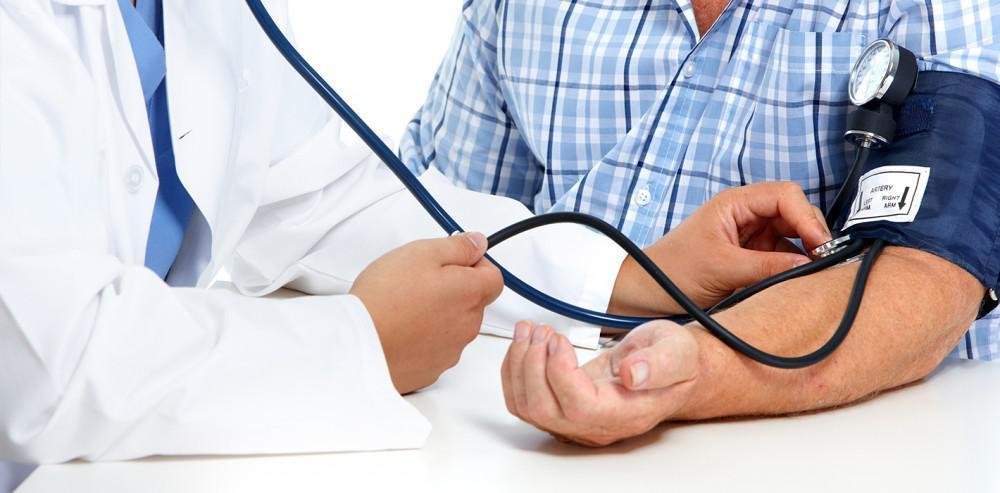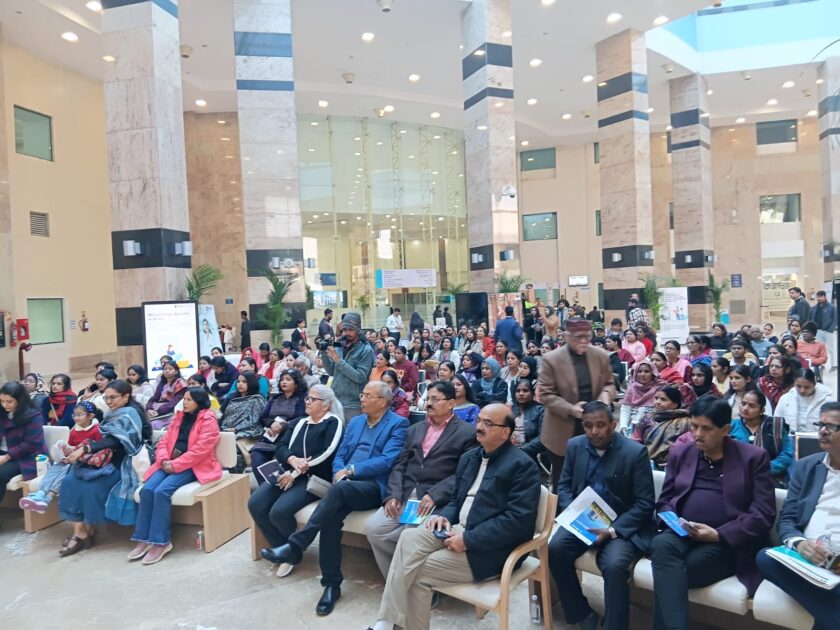Post Views: 136
Lucknow: Controlling hypertension, or high blood pressure, involves a combination of lifestyle modifications and, when necessary, medication. Here are some effective strategies:
Lifestyle Modifications
- Dietary Changes
- Reduce Sodium Intake: Aim for less than 2,300 mg of sodium per day, ideally around 1,500 mg for better results.
- Adopt the DASH Diet: The Dietary Approaches to Stop Hypertension (DASH) diet emphasizes fruits, vegetables, whole grains, and lean proteins.
- Limit Alcohol Consumption: Men should limit to two drinks per day, and women to one drink per day.
- Physical Activity
- Regular Exercise: Engage in at least 150 minutes of moderate aerobic activity or 75 minutes of vigorous activity each week. Activities like walking, jogging, swimming, or cycling are beneficial.
- Strength Training: Incorporate muscle-strengthening activities at least two days a week.
- Weight Management
- Maintain a Healthy Weight: Losing even a small amount of weight if you’re overweight can significantly reduce blood pressure.
- Reduce Stress
- Relaxation Techniques: Practices like yoga, meditation, deep breathing exercises, or progressive muscle relaxation can help manage stress.
- Adequate Sleep: Aim for 7-9 hours of sleep per night to help maintain overall health and manage stress.
- Quit Smoking
- Avoid Tobacco Products: Smoking increases blood pressure and heart rate. Quitting smoking helps improve overall heart health.
Medications
If lifestyle changes alone aren’t enough to control blood pressure, doctors may prescribe medications. Common classes of antihypertensive drugs include:

- Diuretics: Help kidneys remove sodium and water to lower blood pressure.
- ACE Inhibitors: Relax blood vessels by blocking the formation of a natural chemical that narrows blood vessels.
- ARBs (Angiotensin II Receptor Blockers): Relax blood vessels by blocking the action, not the formation, of a natural chemical that narrows blood vessels.
- Calcium Channel Blockers: Prevent calcium from entering the heart and blood vessel muscle cells, causing the cells to relax.
- Beta Blockers: Reduce the heart rate and the heart’s output of blood, which lowers blood pressure.
Regular Monitoring
- Home Blood Pressure Monitoring: Keeping track of your blood pressure at home can help you monitor the effectiveness of your treatment.
- Regular Check-ups: Regular visits to your healthcare provider are essential to monitor and adjust your treatment as needed.
Limit Caffeine and Sugary Drinks
- Moderate Caffeine Intake: Be mindful of your caffeine consumption, as it can cause a temporary spike in blood pressure.
- Reduce Sugary Drinks: Opt for water, herbal teas, or other non-sugary beverages.
By combining these strategies, individuals can effectively manage their blood pressure and reduce the risk of complications associated with hypertension. Always consult with a healthcare provider to develop a personalized plan that suits your specific needs.
---------------------------------------------------------------------------------------------------















